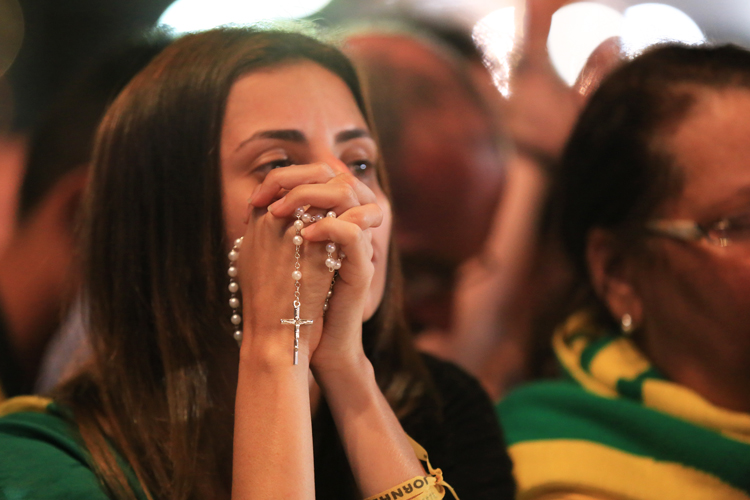What is a Moral Action?
A moral action is any action that proceeds from our deliberate will. We have responsibility for such actions, all of which are either good or evil.
One of the unique abilities of a human being is to be a master of his or her own acts. This enables us to be creative and to choose from among many possible good actions. Unfortunately, this freedom also enables us to choose things that are evil, that is, contrary to what is good for us and to what God commands.
God greatly desires us to choose only what is good for us. God does not, however, force us to do good. As long as we are alive here, we remain free to choose between good and evil actions. The effects of both kinds of choice are evident in human society.
What is sin?
A sin is a deliberate evil action: a thought, word, deed or omission contrary to God’s will.
All sins are acts contrary to the will of God. They pervert some aspect of our human nature that he has created (such as greedy, slothful or lustful acts) or contravene some explicit command that he has given us (such as the prohibition against eating the fruit of the tree of knowledge).
The root of all sin is pride, the attempt to make oneself into one’s own ‘god’ independent of the order of nature and the obedience we owe to the true God.
Mortal and venial sin
Although all sin is evil, not all sin is equally evil. A sin is mortal if all the following conditions are present:
Grave matter. What we do, i.e. our chosen course of action, is gravely wrong.
Knowledge. We know, or should know, that this action is seriously evil.
Full consent. We freely consent to this action and could clearly have done otherwise.
Such sin is ‘mortal’ because it kills the divine life of the soul and deprives the sinner of heaven. The normal remedy for this sin is the sacrament of Confession.
All other sins are venial. They do not kill the divine life of the soul but they do damage and weaken us.
How can we do what is good?
One of the consequences of Original Sin is that it is not easy for us to do what is good. We tend to desire sinful things, a condition called disordered concupiscence.
A good conscience, formed through study of the moral law and good example, helps us to judge what is right. Establishing good habits in a well-ordered life and avoiding temptations also help. However, it is only with God’s grace, through the sacraments and prayer, that we can achieve final victory over sin.
Moral Battle and Victory
What is the great battle?
The great battle is the struggle between good and evil which takes place daily in our lives. Our opponents are the world, the flesh and the devil. These conspire to intimidate us and tempt us away from following Jesus Christ. Our ultimate happiness depends on achieving victory over them.
The world, the flesh and the devil
The world is our enemy since it encourages evil and discourages good. By ‘the world’ in this sense we do not mean the Creation, which is good, but the collective evil influences of society that are opposed to God’s will and our good actions.
The flesh is an enemy because of disordered concupiscence. Pleasures are good things created by God, but a disordered pursuit of pleasure in our fallen condition risks dominating our lives and enslaving us to sin. In addition, the fear of pain may prevent us from doing the good that we should do.
The devil and his fallen angels are our spiritual enemies because of their hatred of God and their desire to deprive us of eternal happiness. These creatures also have intellects that they use in a perverted way against us. As well as acting directly, they also use the world and the flesh against us.
The victory of Christ
Jesus Christ himself has conquered the world, the flesh and the devil. If we call on his help and make use of his gifts, we shall have all we need to fight and win the great battle.
This article is originally from ‘CREDO: The Catholic Faith explained’ by CTS.
